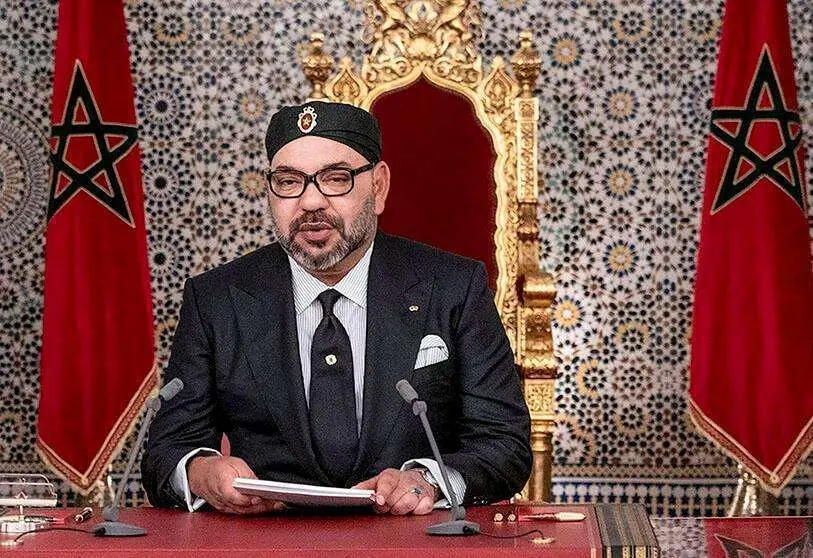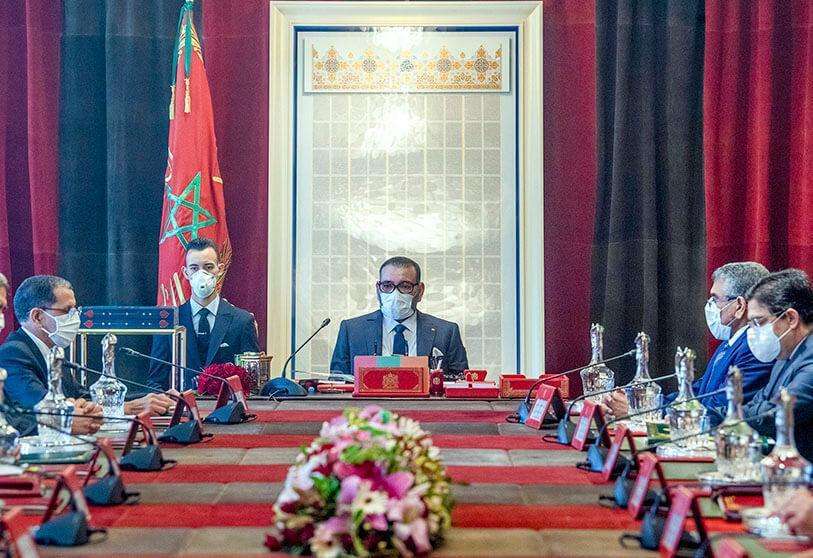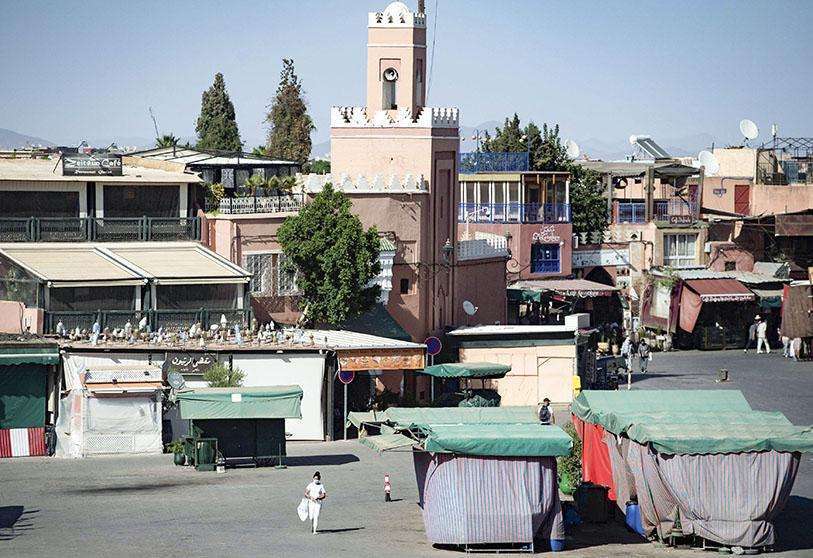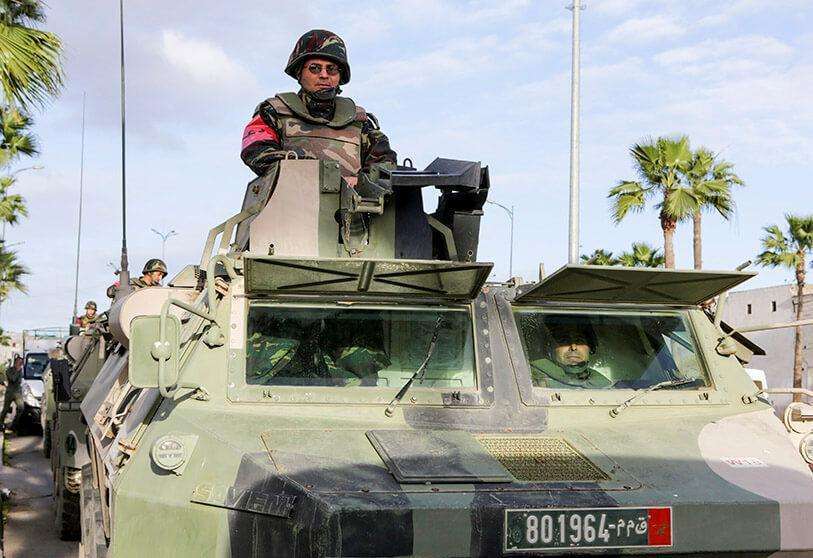Marruecos aprueba un paquete de leyes que incluye prohibir las "armas químicas” y un “sistema tributario efectivo”

Last Monday, 28 June, the Council of Ministers and King Mohammed VI met at the Royal Palace in Fez with the aim of adopting "two draft framework laws, a draft law and several draft decrees and international conventions", according to a statement from the Royal Palace spokesman.
Within these reforms, various aspects were touched upon, some of which stand out, such as the one affecting the tax system or the one related to chemical weapons.
Based on the recommendations of the national debate on taxation in May 2019, the draft "effective tax system" has been approved. It aims to establish "an effective, fair, equitable and balanced tax system" in order to "mobilise all fiscal potentialities to finance public policies, promote economic development and realise social integration and cohesion", the communiqué said.
This tax system is intended to strengthen fundamental rights "based on respect for the equality of all before tax, tax equity, the right to information and the guarantee of the rights of the taxpayer and those of the administration", according to the communiqué.
Reference is also made to the "protection of the taxpayer against any abusive interpretation of legal texts by the tax administration, the strengthening of the relationship of trust between the tax Administration and the taxpayer, the guarantee of the right of appeal for both parties and the independence of the competent tax authorities". And they announced the creation of a National Tax Observatory.
The establishment of a tax system at the service of competitiveness, innovation and job creation to ensure better financing of public policies.

During King Mohammed VI's participation in the meeting of ministers, the issue of the creation of a new legal framework, including the reform of public sector institutions and enterprises, was discussed. According to the official communiqué, the reform aims to establish the principles for a comprehensive and progressive reform of public institutions.
The new regulation seeks to promote a different dynamic in public bodies, improving financial control and achieving coordination and cohesion among all public elements. According to the communiqué issued by the Moroccan government, this draft law will enable the creation of the National Agency for the Strategic Management of State Contributions, whose mission will allow for the control of public institutions and the contraction of the public sector.

During the Council of Ministers, 11 international conventions were agreed to strengthen cooperation. These include 8 multilateral agreements, mainly in the African and Arab-Islamic spheres. In Africa, certain agreements focus on the protection of oceans and coastal zones, and on collaboration with the African Union to improve cybersecurity, education and reduce the wage gap. Simultaneously, the African Youth Charter is proposed, which aims to boost the status of young people.
Arab-Islamic agreements focus on trade liberalisation and the creation of the Statute of the Islamic Food Security Organisation to ensure food security for member states.
International agreements refer to Morocco's participation in the United Nations Convention on International Transaction Agreements Resulting from Mediation and its accession to the Framework Agreement on the Establishment of the International Solar Alliance.
With regard to the military field, two drafts were adopted concerning the implementation of the law on defence and security materials and equipment, arms and ammunition, and the law on cybersecurity.
The first draft establishes the measures necessary to carry out the manufacturing activities of materials and equipment, as well as the related import, export and transport operations.
The second draft decrees the rules applicable to "the security of information systems belonging to state administrations, local authorities, public establishments and companies, as well as vital basic infrastructures and private providers", according to the communiqué.

The Moroccan Council of Ministers approved a draft law prohibiting the production, stockpiling and use of chemical weapons and requiring their destruction. This measure comes as a result of the Kingdom's ratification of the international convention.
This bill will be implemented as an update, adding a number of chemical substances to the table of prohibitions, which was created on the occasion of the Hague Conference in November 2019. The new bill will aim to "revise the tables annexed to this Convention under an organic text given its renewed appearance," the statement said.









